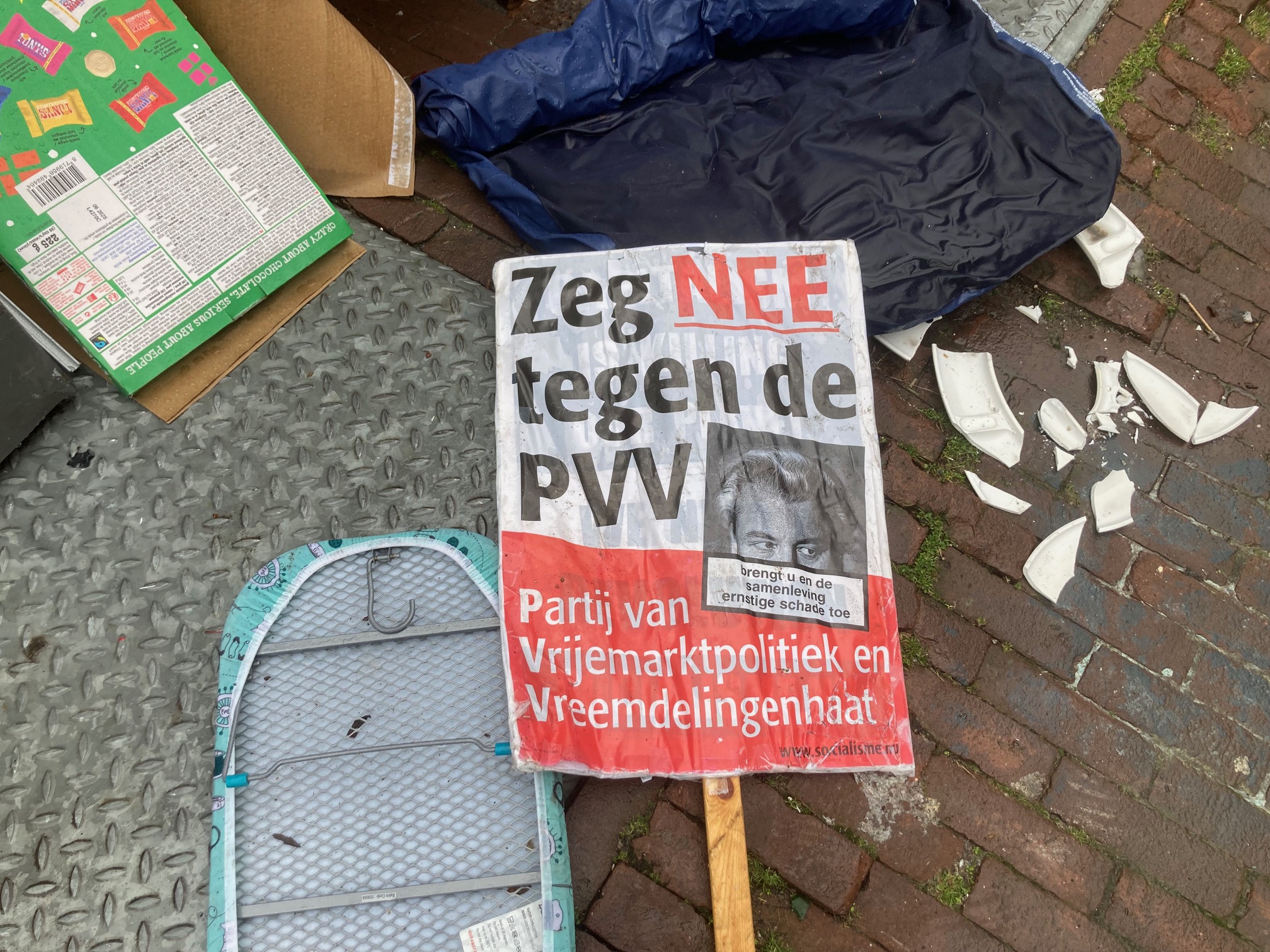“Dutch nationality plan is a desperate act of political bravado”

In any democratic society, immigration law is an outlier. Normally, the people directly affected by laws should have a say in how they are made. But immigration and naturalisation laws are different, writes lawyer Jeremy Bierbach.
By definition, immigration and naturalisation laws only directly affect the very persons who can’t vote. Every democracy can therefore be said to be a dictatorship, in a sense, when it comes to the foreigners in its midst. That is, at least, if one’s concept of democracy is limited to putting a ballot in a box every so many years.
Panic
When the Dutch News article appeared last Monday with the headline ‘Cabinet to make 10 years the new residency standard to go Dutch’, it was a matter of seconds before the phone at my law firm began ringing and my email inbox started filling with panicked questions from clients and others. The dictator named “They” had struck again: as in “They’re going to change the rules for becoming Dutch!”
I would have welcomed more critical coverage, a hard-hitting analysis questioning the actual feasibility of turning that proposal (just a proposal for a bill to be introduced to parliament, mind you) into actual law on the books.
For let it be said: this proposal is a craven and desperate act of political bravado. It’s a burnt bun out of the oven of the remaining two parties (VVD and BBB) in a lame-duck caretaker cabinet representing exactly 20.66% of the seats in the lower house of parliament. Both parties are on course to lose even more seats in the 29 October election, and they’ll do anything to stop the slide.
As many commentators are writing in the Dutch-language press, the upcoming election is not a traditional battle between left versus right. It’s a tug-of-war between those parties who support the democratic rule of law versus those who are against it, with the previously mainstream VVD having thrown in its lot with the latter camp.
The Netherlands has historically been high in the rankings for democratic rule of law. One value of this, as represented in the constitution (Grondwet) is that the elected majority does not rule absolutely: it passes laws that try to take everyone’s interests into account.
Legislative process
The cabinet doesn’t present a bill to parliament until it has obtained the advice of entities with experience and expertise, the Council of State (Raad van State) first and foremost. There’s a long legislative procedure with plenty of debate and proposed amendments (including from opposition parties) that have to be voted on.
But the Dutch parties of the hard right, including the VVD and the BBB, would prefer as narrow as possible a definition of democracy, believing a bare parliamentary majority to be enough to try to ram laws through while paying no heed to advice and debate.
These politicians of the right must be pleased as punch that by merely proposing a bill that would make ordinary migrants’ lives more difficult, they’ve already led migrants to believe that it is an inevitability, indeed that there is already a dictatorship in place that can change the rules unilaterally.
Nothing could be farther from the truth. (To give another example, simply because politicians have talked about raising the Dutch language requirement to get naturalized or to get a permanent residence permit from A2 to B1, most migrants already assume that the change is already in place. Nope! It still hasn’t happened, and no legislative procedure has even been started to make it happen.)
Participate
Democracy is about more than just elections, and there are plenty of ways you can participate in Dutch democracy, even without having voting rights. You can start by contributing your comments on the proposed bill. You can join a political party (with the notable exception of Geert Wilders’ single-member PVV): no Dutch political party denies membership to foreigners.
Even without being a party member, you can contact any member of parliament, who are often genuinely interested in hearing the concerns of a burger (in Dutch, this word for “citizen” refers to any member of society, regardless of what passport they bear).
Use your freedoms
You have just as much freedom of speech and of peaceful assembly as Dutch nationals have—don’t be afraid to use those freedoms. No one’s going to revoke your residence permit unless you are convicted in a court of law for a very serious crime.
If you know Dutch voters, like your co-worker Joost whom you chat with at the coffee machine every day, don’t let them weasel out of the tough conversations by smiling wanly and muttering “oh, you know, Dutch politics is so silly” like it’s none of your business. Durf ongezellig te zijn. Ask him if he voted for the VVD.
Whatever you do: don’t give up just because the bastards want to move the goalposts on you. Because then you’re sure to let them win.
Jeremy Bierbach is an immigration and citizenship attorney in Amsterdam.
Thank you for donating to DutchNews.nl.
We could not provide the Dutch News service, and keep it free of charge, without the generous support of our readers. Your donations allow us to report on issues you tell us matter, and provide you with a summary of the most important Dutch news each day.
Make a donation